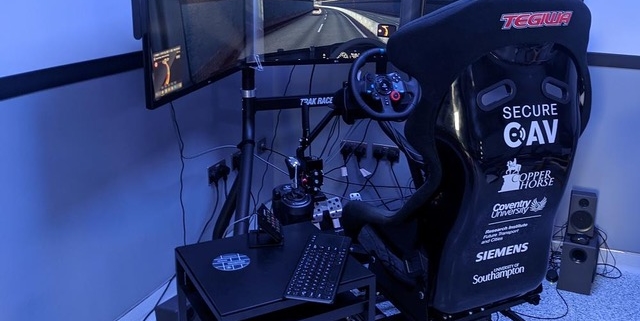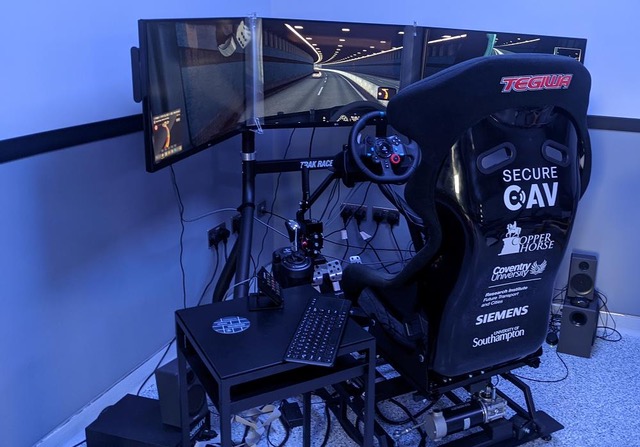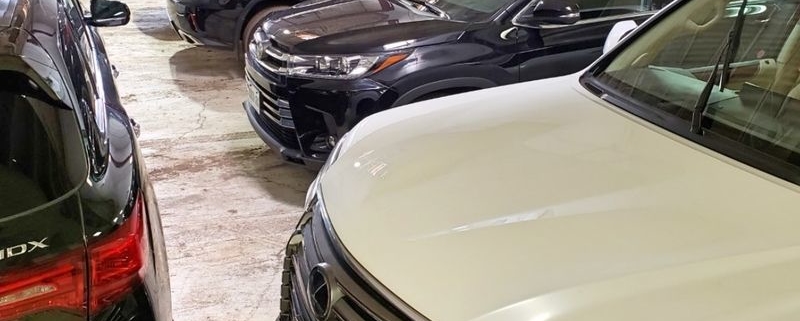Elektrobit and Argus Cyber Security announce an industry-first solution for automotive cyber threat detection and prevention in vehicles
Elektrobit, a visionary global vendor of software products for the automotive industry, and Argus Cyber Security, a world leader in cyber security products and services for mobility platforms, announced the launch of EB zoneo SwithCore Shield, an industry-first solution offering embedded intrusion detection and prevention (IDP) functionality within advanced network management systems for next-generation vehicles.
The joint solution is an automotive-grade switch firmware for E/E architectures that pre-integrates Argus Ethernet IDPS, a cyber security protection layer for automotive Ethernet networks, as an embedded module. This production-ready solution reduces carmakers’ integration costs and risks while accelerating new vehicles’ time to market. Building upon decades of automotive expertise from Elektrobit and Argus, this breakthrough solution allows carmakers to evaluate data detected and quickly determine actions required to confront an attempted cyber-attack.
Adding a layer of intelligence and cyber protection to automotive Ethernet switches facilitates the management of the growing number of network functions required to enhance the scalability, safety, and security of vehicles. By offloading network and cyber-related tasks to the switch firmware, it optimizes the microcontroller unit’s computational resource consumption.
EB zoneo SwitchCore Shield also enables carmakers to comply with emerging cyber security regulations, such as UN R155 and Chinese GB/T, and also takes security a step further, providing an additional layer of threat prevention via Argus Ethernet IDPS for increased interoperability with Classic AUTOSAR systems.
“We developed EB zoneo SwitchCore Shield to fill the gap between the cyber security domain and the advanced networking needed for next-gen, software-defined vehicles,” said Mike Robertson, head of product and strategy management, Elektrobit. “We’re helping carmakers to save time and money by providing a pre-integrated solution built to meet the highest levels of safety and security regulations.”




